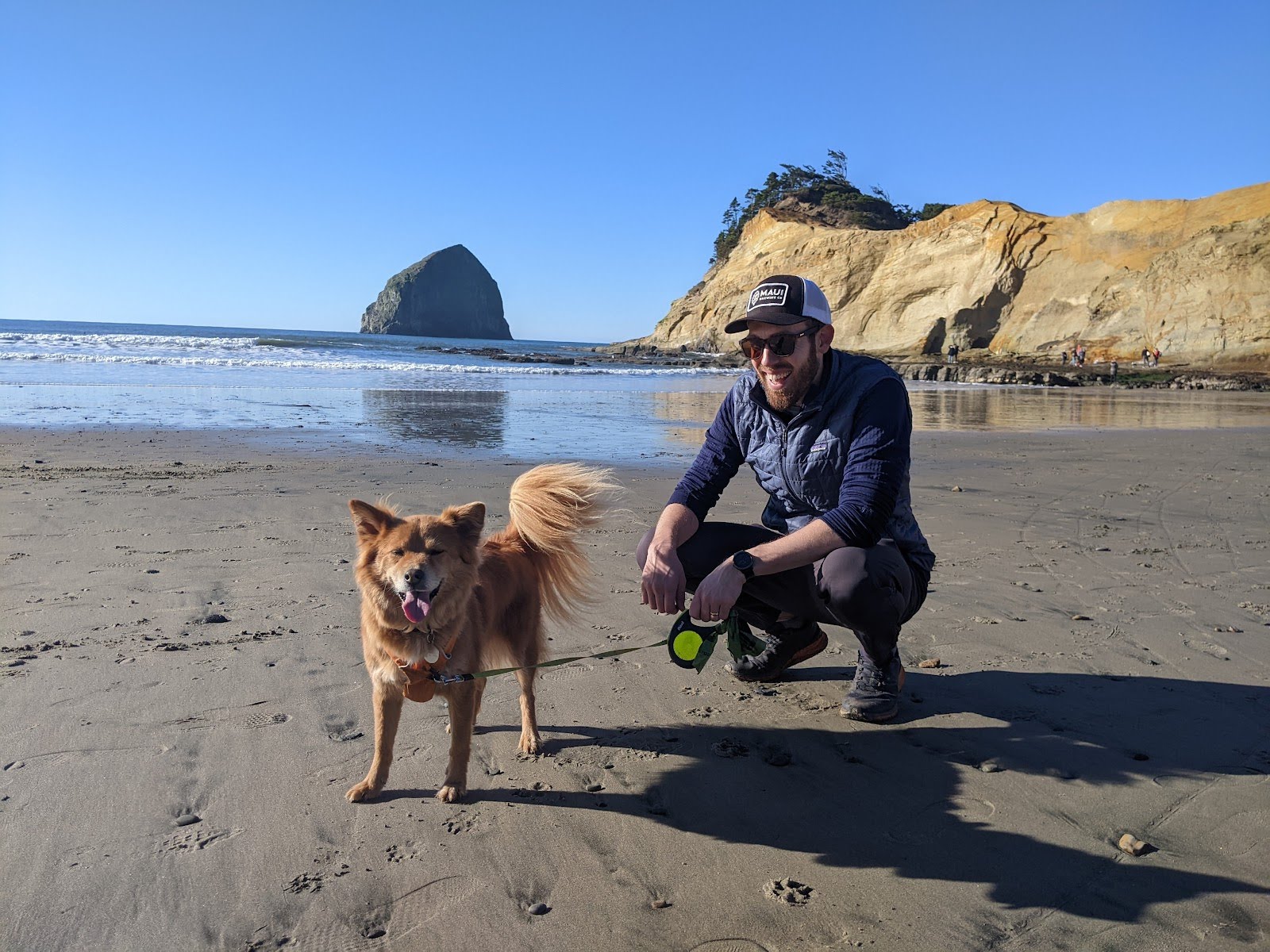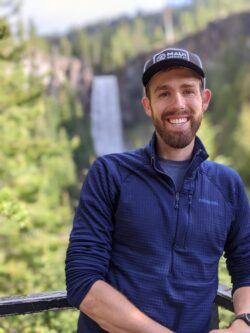
CHOW Chat: Dylan McDowell on Bridging the Gap Between Science and Policy

Photo credit: Dylan McDowell
The Capitol Hill Ocean Week 2024 program calls upon leaders from all walks of life to come together to drive attention and innovation to protect our ocean and center people at the core of ocean solutions. Together, we will explore international, national, and local communities and the traditional and new ways they are adapting to a changing climate, saving and protecting species, and sustaining their relationships with the ocean for a brighter, sustainable, and equitable future. Dylan McDowell is a member of the 2024 CHOW Advisory Committee and Executive Director of the National Caucus of Environmental Legislators. We spoke with Dylan about his role on the Advisory Committee, his hopes for this year’s conference, and how leaders can help bridge the gap between science and policy. Register today at CapitolHillOceanWeek.org!
What are you most looking forward to during Capitol Hill Ocean Week 2024?
I’m very excited to meet ocean leaders from across the world and hear about innovative solutions happening at all levels of leadership. I’ve only been able to attend virtually in the past, so this will be a great opportunity to meet and learn from speakers and attendees in person.
How have you hoped to shape this year’s Capitol Hill Ocean Week through your role on the Advisory Committee?
My work is focused on state leadership, so I have tried to integrate that perspective throughout the speakers and panel topics. State legislatures are pursuing a range of innovative solutions to protect coastlines and ocean biodiversity and those lessons can inspire change at the federal level. The focus is often on federal or local action, but states play a critical role ensuring federal programs are enacted successfully and supporting local communities.
The theme of this year’s conference is Leadership. What is one thing you want to share (or that you wish more people knew) about what it means to be a leader?
Leadership happens at all levels, from your neighborhood to the national scale. Local work can have an incredible impact but often has the fewest resources available. Many state legislators receive little compensation and have few to no staff supporting them. It’s important to get involved at your local and state level because even a little bit of time investment can make a huge difference.
Who is one leader who inspires you?
Author and natural navigator Tristan Gooley inspires me because of his ability to use discreet nature signs to paint a larger picture of the world around us. His books and stories provide practical tools for reading the natural world to find direction or understand ecosystem relationships.
How can leaders help bridge the gap between ocean science and policy?
Protecting ocean ecosystems provides numerous benefits for nature, human health, and the economy. We can use ocean science to help quantify those benefits but also show how interconnected ocean issues are with everyday activities. Effective policy can use ocean science to inform new policies and programs that protect the ocean, strengthen coastal resilience, support workforce development, and address climate change.
What are some ways we can empower elected officials to be environmental champions?
Many elected officials have limited time and resources to address all of the issues facing their community, but want to make positive change. It’s important to reach out to your elected officials and build relationships with them. You can help educate them about new environmental solutions or connect them with local leaders and research that can help inform policy solutions. Leaders are always looking for new solutions and we can collectively learn from communities across the world to replicate good ideas.

Photo credit: Dylan McDowell
